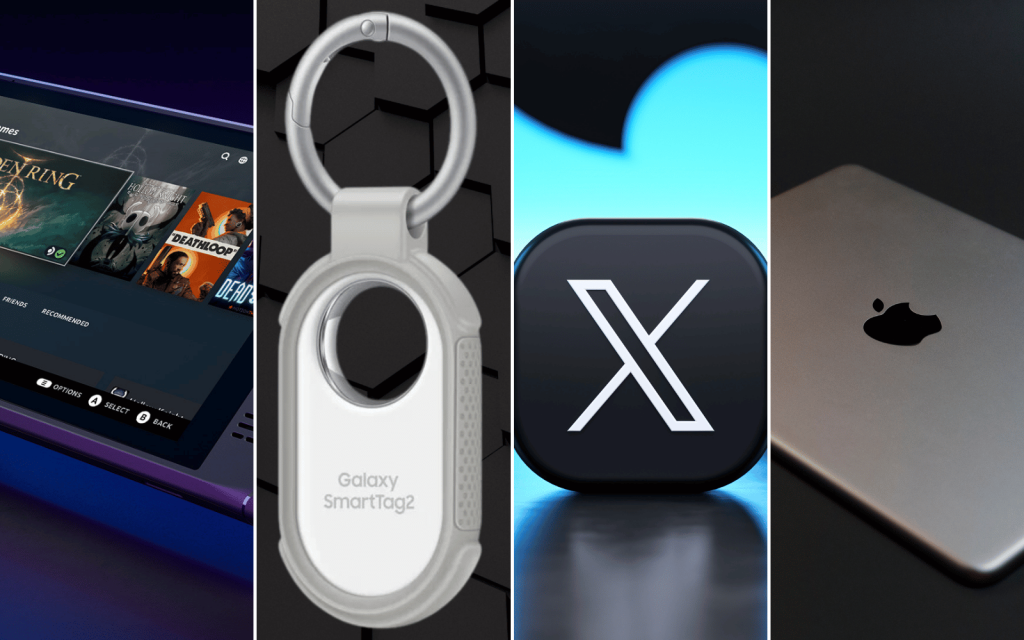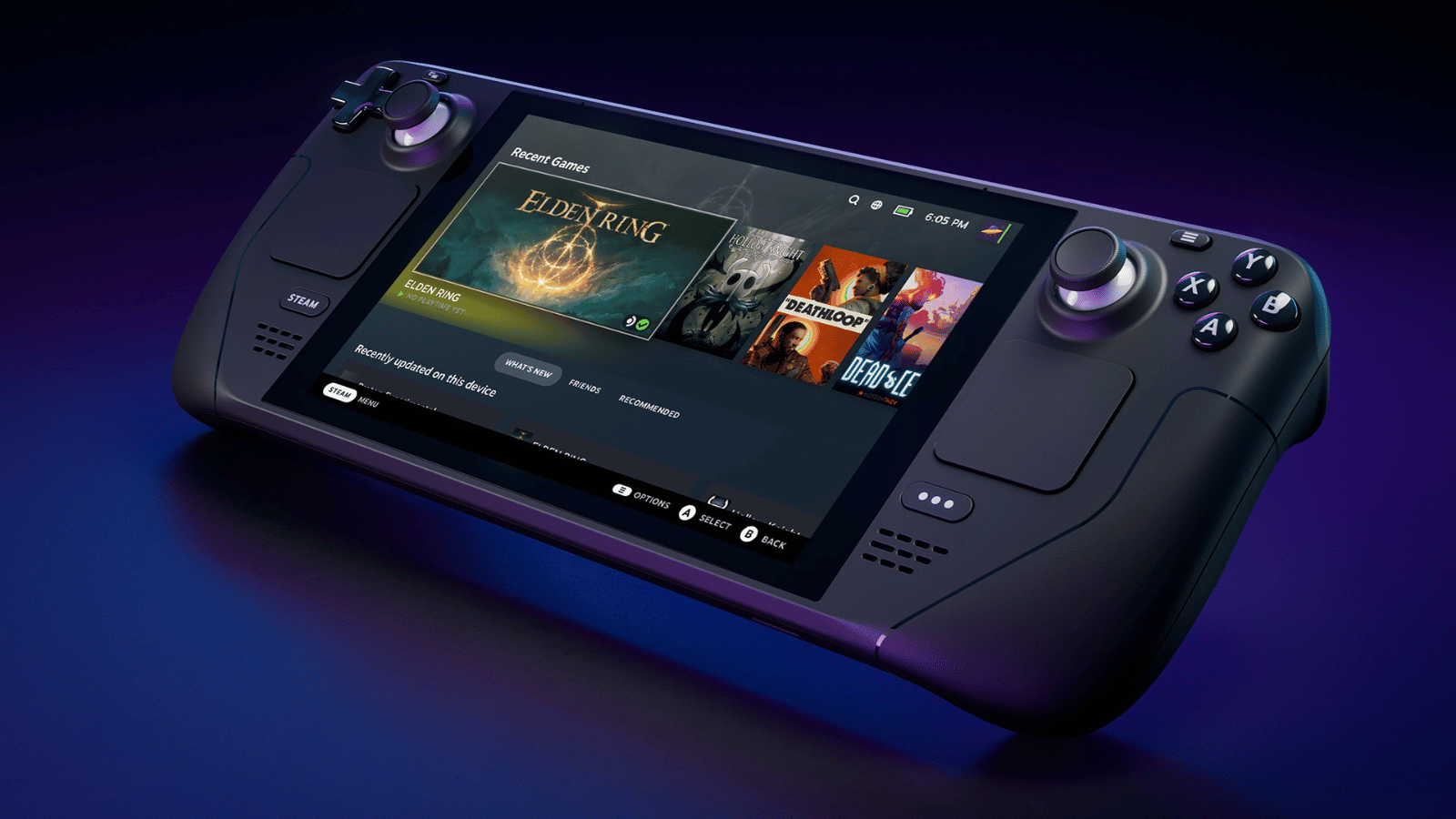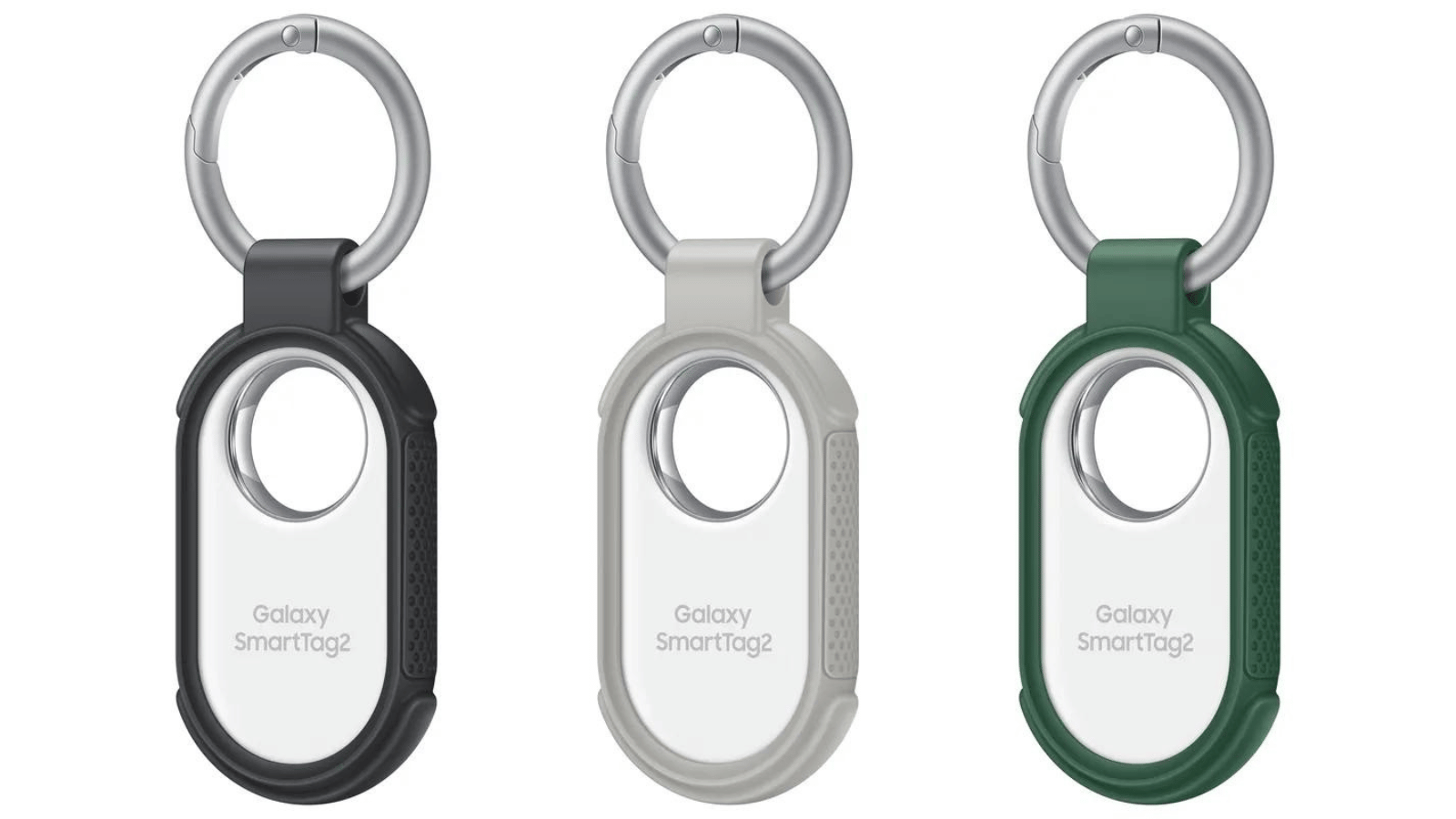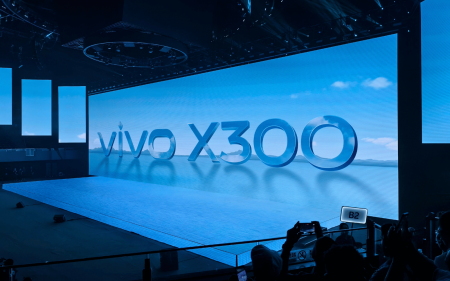Steam Deck 1.5
In a world filled with Steam Decks, ROG Allys, and Logitech G Clouds, it’s only a matter of time before one of those handhelds gets a 2 affixed to their name. It looks like Valve, which kicked off the mini-PC hype back in 2022, will be the first to mark the occasion sometime in 2025 according to Steam Deck developer Pierre-Loup Griffais. That doesn’t mean we won’t be seeing a refreshed Steam Deck before then. This is apparently the plan at Valve HQ.
The first hint of a new Steam Deck came when a mystery device by the name of “Valve 1030” passed through South Korea’s National Radio Research Agency for certification, and later passed an FCC certification in August without anyone noticing. So how do we know about it now?
Steam snoops @SadlyItsBradley and @TVKilledMi noticed that Valve had filed the new Deck under a company called Quectel, and not Valve. This isn’t the first time it’s done this, originally hiding the first Deck under the company’s boring facade. This time, Quectel filed for a Class 2 Permission Change to allow its WiFi 6E and Bluetooth chip to retroactively work in the new Deck.
That doesn’t mean a refreshed Deck would only be rocking an upgraded Wi-Fi and Bluetooth chip. Heck, it might not even have one inside, if the device’s National Radio Research Agency certification is any indication. There’s unfortunately no other information in the offing, with release dates, specs and prices still being locked down tight at Valve.
Samsung Galaxy SmartTag 2
Samsung is officially giving its line-up of Galaxy SmartTags a makeover in the form of the SmartTag 2. It’ll hit shelves on 10 October and carry the same (international) price tag as the company’s first tracker. It’s ditching the old look for an entirely new ring-shaped device that’ll probably jive with your key’s ergonomics better.
It’s not just a cosmetic overhaul. Samsung boasts more than double the battery of its last tracker, promising up to 500 days of charge on normal usage, and 700 days when confined to power-saving mode. It’s also got some new features – ones that’ll make returning the device it’s connected to easier. For example, users can add their contact information to the tag in Lost Mode, allowing the finder to scan the tag and make the necessary arrangements.
A big addition is the combination of Bluetooth and ultra-wideband (UWB) in one tracker. Previously, Samsung kept the two apart and sold them separately, making the use of UWB’s handy in-home finding abilities a hassle. The biggest change is the addition of an IP67 rating, allowing it to withstand tougher challenges when it’s lost in the great outdoors.
Samsung has yet to announce local pricing and availability.
X Premium Plus?
If you thought paying for X’s Premium service and still receiving ads was a rip-off, the service formerly known as Twitter is looking to double down on your misery and charge you more to remove ads entirely. That’ll be known as Premium Plus (no, really) and joined by two other tiers, dubbed Premium Standard and Premium Basic, each controlling the number of ads paying users would see.
That’s according to code found within the app by @aaronp613, which lists Premium Basic as having “full ads” in the For You feed, while Premium Basic only has “half ads” (a current perk of Premium) and Premium Plus, which will remove ads entirely. The “No Ads in For You” bit is notable because it means that ads found in replies will be sticking around. Since that’s how Elon’s creator payment program works, it makes sense.
At the time of writing, X has yet to confirm or deny the existence of three new Premium tiers, with the current and only Premium model costing R145/month or R1,520/year.
Apple’s got a bunch of new iPads on the way
It’s been a minute since Apple got around to releasing some new iPads. It’s been too preoccupied with the recent release of the iPhone 15 and… that’s about it. That’s set to change with a slew of new tablets on the way, and set to launch over the coming months. Those include the new Mini, two new Airs, 11th-gen, and the long-awaited M3-kitted iPad Pro, which’ll get a release across two display sizes, as usual.
There aren’t any official release dates pencilled in yet, though we know they’ll be launching alongside iPadOS17 – meaning they’ll be released before September 2024, which is when iPadOS18 goes out to the world. There’s not much to go on, but it’s something. We’ve also got a rough idea of what to expect from the new models.
The iPad Mini 7 for instance is a shell of its former self (literally) and will instead see some new internal upgrades. There’ll be two new iPad Airs on the way – one of which might have a ‘Plus’ display – or with an improved skillset over the stock Air, though neither will be getting an updated design from the current iPad Air. As for the 11th-gen iPad, it’s getting an upgraded chipset and… not much else.
Apple has seemingly reserved its budget for the two new M3-powered iPad Pros, which don’t have any other details currently attributed to them. We’ll likely start receiving more news from Apple directly closer to or at next year’s WWDC (Worldwide Developers Conference).








